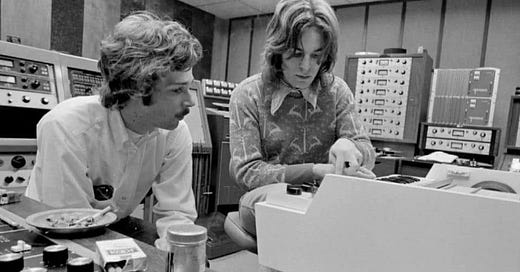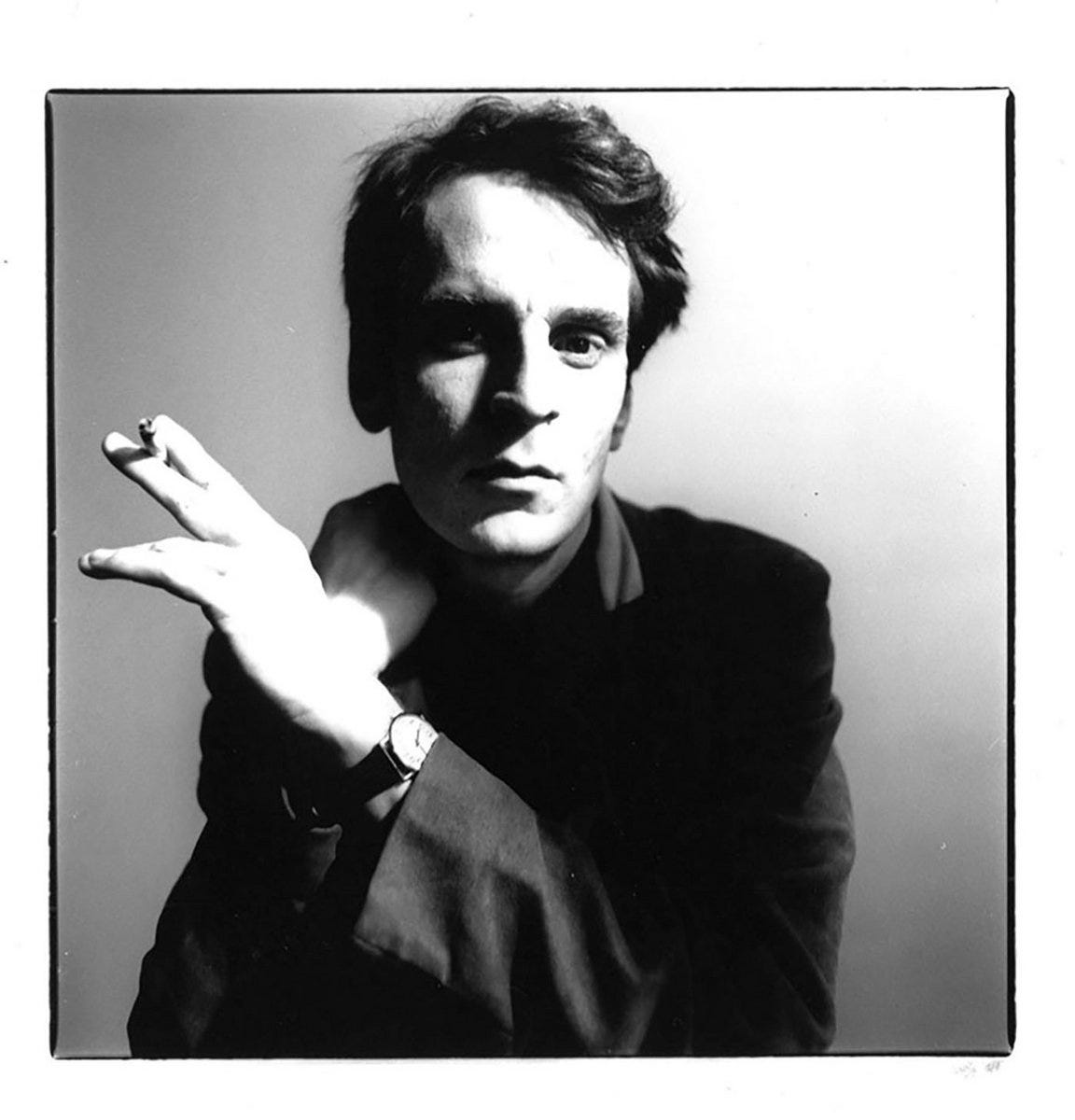I think as digital tools make it ever easier to achieve certain institutionalized ideals in terms of musical performance, think pitch, tempo, chord progressions, etc, the more raw and imperfect human expression in music will take on renewed counter cultural charge.
Few recordings better demonstrate the sort of thing I mean more than the albums Alex Chilton (December 28, 1950 – March 17, 2010) made following the dissolution of Big Star as a proper band: the ramshackled together Third and his 1979 solo debut, Like Flies on Sherbert. Full of imperfections and eccentricities usually ironed, they are nonetheless punctuated by visions of brilliant and expansive uncanniness, generated equally by the songwriting, performance, and production, cycling from transgression into redemptive loveliness and back out again.
“It sounds like people that were past their emotional limit—and didn’t give a shit—but still making gorgeous, beautiful pop music,” Tim Rutili of Califone said of Third to The Sound It Resounds in 2013.
I’ve written about Bell here before, in January 2023’s “Baby, It's Sacred To Me: Big Star's Chris Bell as Obscured Christian Rocker,” where I argued his status as a religiously-motivated songwriter in the mold of George Harrison:
“[W]hen you factor in the album’s opener, ‘I Am the Cosmos’ the scale tilts toward the sacred.
In it, the distinction between heartache and dark night of the soul collapses under the weight of a shambolic drum kit and swelling orch-rock balladry. ‘Every night I tell myself I am the cosmos,’ Bell sings, indulging in what sounds a lot like new age esoterics or some non-dualistic thinking to me. Then the all-too-earthbound response: ‘But that don’t get you back again.’ It’s a gut wrencher, and that’s even before, to paraphrase the Apostle Paul, ‘the Holy Spirit intercedes through wordless expression’ via the guitar solo.
Alex might have sung about Jesus Christ with a defiant over-sexed glee—its own form of sacred expression to be sure—but Bell meant it, articulating a universal and holy ache that lingers in the song: ‘I never wanna be alone.’
Today, I find myself reflecting on Chilton’s raw humanity as a form of holiness in new light. Over on her fantastic blog
, songwriter Lael Neale recently shared a fantastic cover of Yoko Ono’s “Listen the Snow is Falling,” noting 80 degree temps in Los Angeles. But she nailed something I’ve been considering a lot lately:“I recorded this song in all the wrong ways. I played it straight into my garageband with only the computer mic. I made layers without headphones so that each successive layer is saturated with the ones before & create this horrible almost flanging sound. I used the ‘telephone’ effect. I let the siren live on at the end because I liked the take. I love doing things the wrong way. It’s so rare that we get to do that in life. Even as artists I notice a slow and steady conformity set in as musicians become legitimate. I do it too. How else would we fit into the font, size & waveform of streaming services. I rebel in minute ways—like refusing to follow a recipe. In the end I am just like everyone else—I want to belong.”
I never wanna be alone, indeed.
When I was younger, I found myself focused on why Chilton, a one-time chart topping teen idol, and producer Jim Dickinson, would opt to lean into recording and performing music “the wrong way” and how far removed these LPs stood from the gleaming pop perfection of Chilton and Bell’s one true collaboration, #1 Record. But now, I hear something more than complimentary in Chilton at his most out and Bell at his most searching, a kind of alchemical space where imperfection is revealed as the actual recognition of the whole. Or put more simply: the cosmic made profane enough for all us sinners to understand.








Lovely.
I love this piece. Honored to be mentioned in it <3